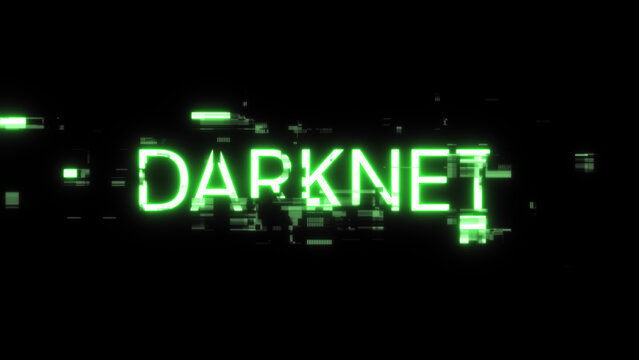Privacy-first navigation tools built for exploring the darknet offer individuals a way to venture deeper into the web while maintaining control over their identity and data. These tools are not just about accessing hidden content they are about reclaiming digital autonomy in a landscape that often compromises it. With rising global surveillance, targeted tracking, and data breaches, many users seek alternative pathways that allow them to search, communicate, and explore without the ever-present watchful eyes of corporations or governments. What sets these privacy-first solutions apart is their commitment to encryption, decentralized networks, and anti-censorship architecture. Rather than relying on traditional browsers that leak IP addresses, store cookies, or follow metadata trails, these tools operate using advanced routing protocols that obscure user locations and make it virtually impossible to trace online behavior.

Features like onion routing, multi-layered encryption, and Archetyp onion url traffic masking serve as the foundation, ensuring that both the user and the destination remain hidden. Whether you are a journalist protecting a source, a researcher accessing sensitive data, or a curious individual valuing online freedom, these tools create a safe environment for exploration without compromise. Many of these systems go a step further, integrating secure messaging platforms, anonymous email services, and even blockchain-based identity shielding. This all-in-one approach provides a digital sanctuary where users can browse without fear, communicate without exposure, and learn without limits. Unlike surface-level internet access, where every click feeds algorithms and every search builds a profile, privacy-first darknet navigation tools flip the script users choose what to reveal, if anything.
The interface is often simplified, but the backend is built with hardened security layers and frequent updates to outpace emerging threats. Moreover, these tools often encourage a culture of ethical usage and digital awareness. They are not a gateway to illegality, but a shield for those navigating controversial topics, investigating injustices, or engaging in free speech in regions where censorship reigns. The rise of these tools represents a larger movement: one that challenges the centralized, ad-driven internet model and shifts power back to the individual. As concerns around digital surveillance deepen, tools that protect privacy without compromising capability are not just valuable they are essential. In embracing these privacy-first navigation tools, users are not just hiding they are choosing how to engage with the web on their terms. It is a modern form of self-defense in a hyper-connected world, and for many, it is the only way to explore the deeper layers of information, connection, and truth that lie beyond the surface.